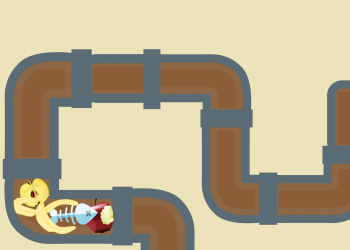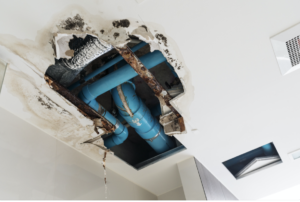3 flow drainage is an essential aspect of any home plumbing system. However, it is not uncommon for homeowners to encounter blocked drains at some point. These blockages can be frustrating, inconvenient, and even costly to deal with. The good news is that there are simple solutions to this common household problem. In this blog, we’ll explore what causes blocked drains, how to prevent them, and the best approach for dealing with them.
The Culprits Behind Blocked Drains
There are various reasons why drains get blocked, but some culprits are more common than others. One of the main causes is a buildup of debris, such as hair, grease, food particles, and soap scum. Over time, these substances can accumulate in the drain pipes and create a blockage. Another reason could be foreign objects getting stuck in the drain, like toys or sanitary products. Tree roots can also grow into underground pipes and cause blockages.
Blocked drains are not only limited to indoor plumbing systems; outdoor drains can also get clogged. This can happen due to leaves, twigs, and other outdoor debris getting caught in the drain. Improperly installed or damaged pipes can also cause blockages, resulting in slow drainage or complete blockage.

Preventing Blocked Drains
The saying “prevention is better than cure” applies perfectly to blocked drains. As mentioned earlier, a buildup of debris is one of the main causes of blocked drains, so regular maintenance is crucial. You can start by installing drain covers in sinks, tubs, and showers to catch hair and small particles. Avoid pouring grease or oil down the drain, as it can solidify and create a blockage. Also, make sure to dispose of food waste properly and avoid letting anything other than water go down your drain.
Regularly checking your outdoor drains and clearing out any debris can also prevent blockages. If you have trees on your property, make sure the roots are not growing into your pipes and causing any issues. It’s also a good idea to have your plumbing system inspected by a professional plumber every few years to catch any potential problems before they escalate.
Dealing with Blocked Drains
Despite our best efforts, blocked drains can still occur. When this happens, the key is to act quickly and address the issue before it becomes more severe. DIY solutions such as using a plunger or pouring hot water and vinegar down the drain can be effective for minor blockages. However, if these methods don’t work, it’s best to call a professional plumber.
A professional plumber has the expertise, tools, and equipment to effectively clear any blockages without causing further damage to your pipes. They can also determine the root cause of the blockage and provide a long-term solution to prevent it from happening again in the future. So, instead of wasting time and effort trying to fix a stubborn blockage yourself, it’s best to leave it to the experts.
Investing in Regular Maintenance
Like any other aspect of your home, regular maintenance can save you time, money, and hassle in the long run. Investing in a preventive maintenance plan for your plumbing system can help detect and address any potential issues before they become major problems. This includes regular inspections, cleaning, and repairs when necessary. Not only will this keep your plumbing system functioning smoothly, but it will also extend its lifespan.
In Conclusion
Blocked drains may seem like a minor inconvenience, but if left untreated, they can turn into a major headache. By understanding what causes blocked drains, how to prevent them, and when to call a professional, you can effectively handle any issues that arise. Remember to invest in regular maintenance for your plumbing system to keep it running smoothly, and don’t hesitate to seek professional help when needed. With these tips, you can ensure that your 3 flow drainage remains clear and functional, making your home a happier and more stress-free place.

